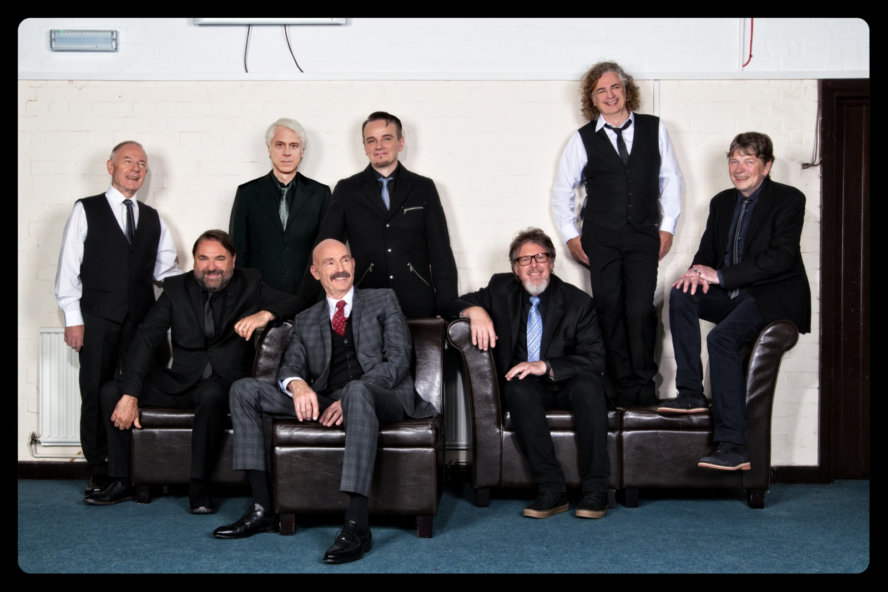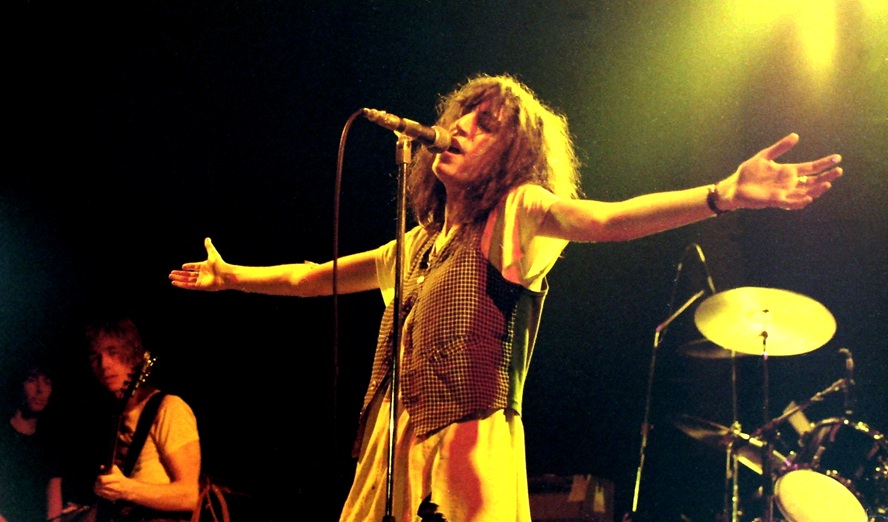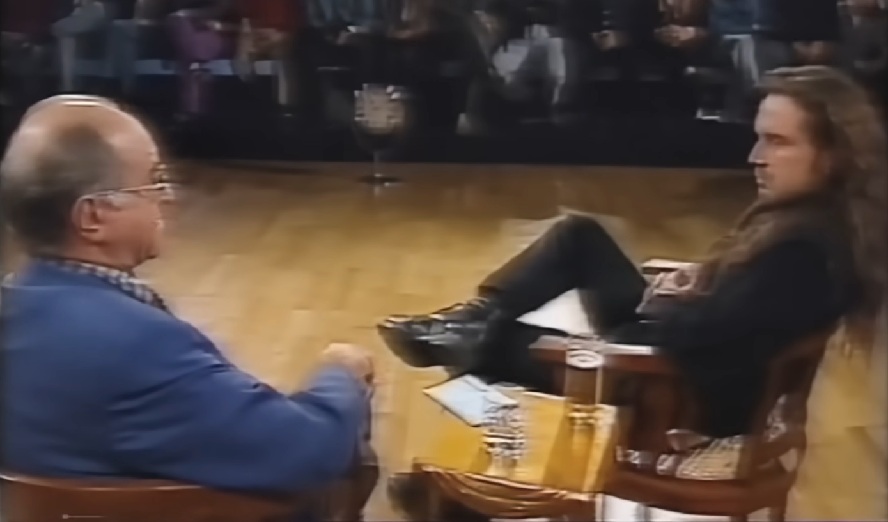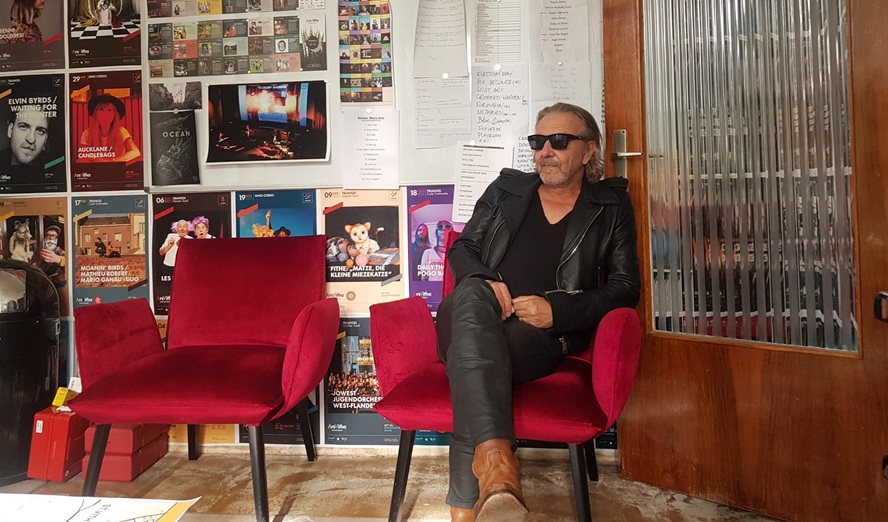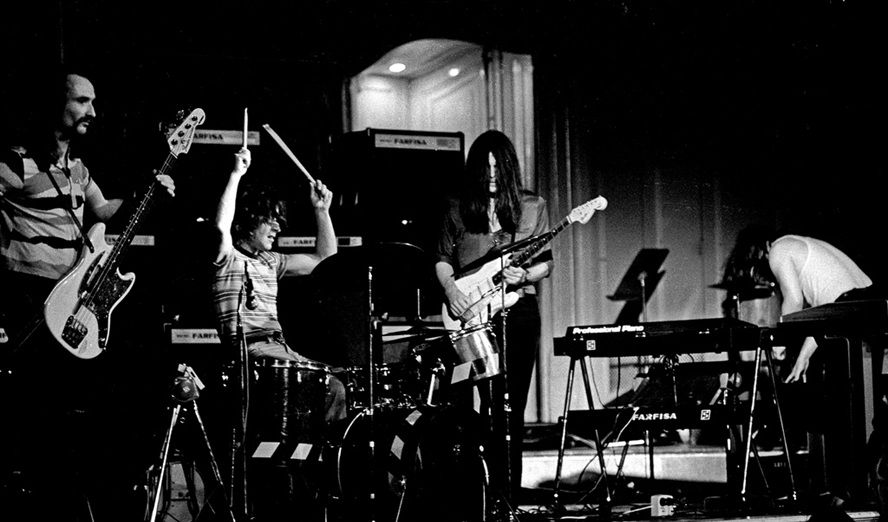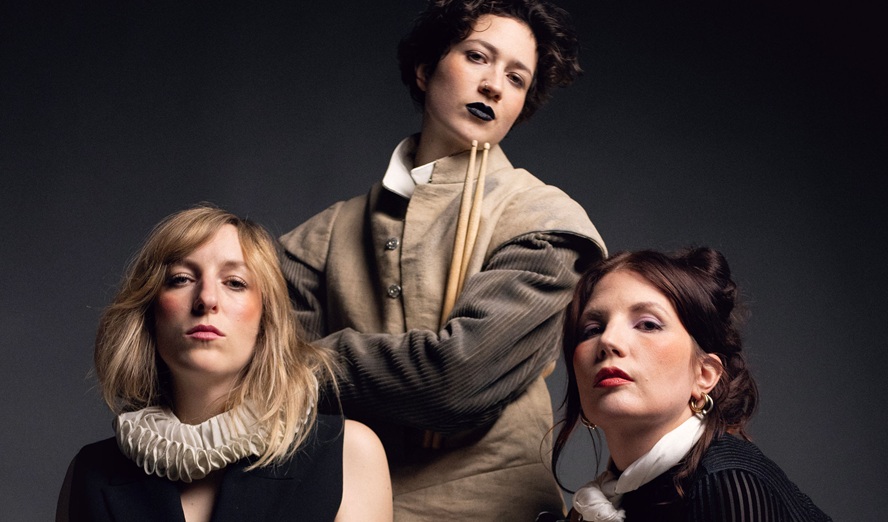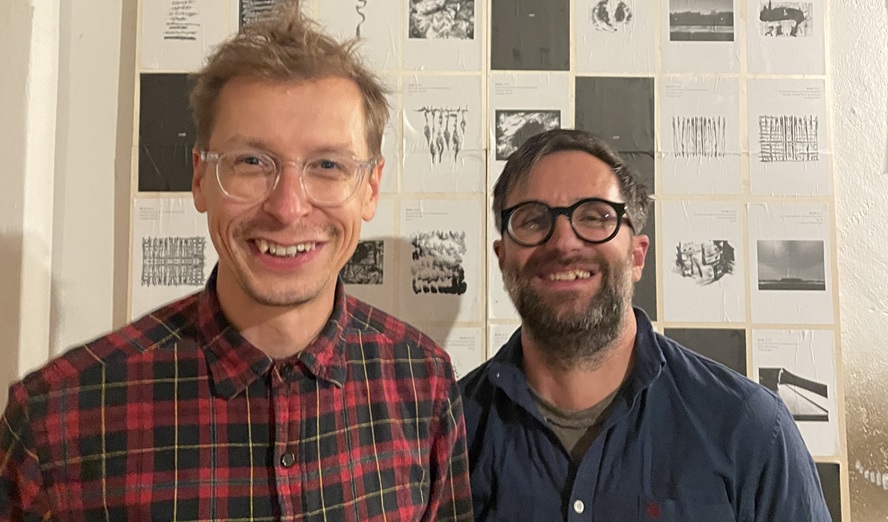Was fünfzig Jahre reift, ist irgendwann sauer. Nicht so bei der britischen Band King Crimson, die seit gut einem halben Jahrhundert in unterschiedlichsten Besetzungen die Welt bereist und dabei immer ein wenig anders, neuer und zeitgenössischer klingt. King Crimson ist so etwas wie das lärmende, etwas in die Jahre gekommene Chamäleon des Prog-Rock. Das hängt unter anderem auch damit zusammen, dass außer dem exzentrischen Mastermind und Gründer Robert Fripp – eben ob seines exzentrischen Wesens – recht bald niemand mehr übrig war, der mit ihm konzertieren wollte. Manche spitzen Zungen behaupten gar, der King sei bereits 1972 beerdigt worden. Tatsächlich fanden sich aber immer wieder mutige Matrosen, die sich freiwillig mit Fripp auseinandersetzen wollten. Man erfand sich quasi neu und wandelt seitdem auf hohem Niveau in einer niemals enden wollenden Selbstfindungsphase weiter – bis heute.
In der aktuellen Besetzung touren King Crimson mit drei Schlagzeugern, sieben Anzügen, ebenso vielen Krawatten sowie einer etwas bieder daherkommenden, wenn auch nobel dreinschauenden Britishness. Auch Wien wird dabei mit zwei Konzerten beglückt. Am 23. und 24. Juni 2018 wird das nunmehrige Septett die Wiener Stadthalle bespielen. Im Zuge dieser zwei anstehenden Termine fand Bassist Tony Levin noch Zeit, kurz auf ein paar Fragen von skug einzugehen.
skug: King Crimson exists for almost 50 years now; you have been part of the formation since the early 1980s. Why would you say King Crimson is still around after all these years?
Tony Levin: For me, inside the band, it’s a different perspective than for the audiences. I can’t give you reasons why the band is still making music, but I’m certainly glad that we are. And equally important to me is that we’re trying to progress with our music and with our playing.
Bill Bruford once said in an interview that King Crimson concerts would attract mostly men. How do you see this today?
It’s changed, and I’m not sure why. But I notice more couples in the audience.
King Crimson has often changed its line–up and members. According to Robert Fripp, this process retains creativity within the group. However, some members, for example Pat Mastelotto, Mel Collins or you have been part of the group for quite a long time. Where do you think is the perfect balance between keeping things fresh and having certain constants in the line–up?
I think that Robert has a great sense of how to run a band, and also of what he needs to keep the Crimson music fresh and keep progressing. To me that sense lies within Robert, and there’s no predicting for the rest of us, where it will take the band. Now or in the future.
The current formation of King Crimson consists of three drummers (Pat Mastelotto, Gavin Harrison, Bill Rieflin). As unusual as impressive it is to watch and listen to, what are the main difficulties for you as a bass player?
It’s been challenging, to be sure. Playing with the three drummers didn’t turn out to be the way I imagined it would be… but there’s still plenty of adjusting to do in my parts and in my sound to compliment their parts and to have my own sonic space amid all the low end going on.
You started off in the early 1970s playing as a session musician. Can you tell us a bit about how you got into music and how it went along?
Indeed I did a lot of recording in the seventies, in New York City. When I had the chance to go on the road I would take it, because playing live is what I most love to do. A big change came in 1976, when after being part of Peter Gabriel’s first solo album I had the chance to tour with him. That eventually took over from the recording and from even being in New York. Once I was active in King Crimson, and Peter as well, I was pretty busy doing live shows, as I still am.
Coming from a classical background you made a step to (prog) rock music. There is this quote by Robert Fripp saying that you are »a rock musician with classical sensibilities who wants to be a jazzer«. Why did you end up in rock music?
I played classical music first, then jazz, then rock. Though I still play some jazz, I did indeed find myself most comfortable in rock, especially progressive rock. Though I’d add that, as Robert pointed out, my playing in any genre is informed by my experience in the others.
According to your blog you took a trip to the CERN particle accelerator last time you visited Europe. If being a professional musician hadn’t worked out, would you have aimed for a career in science?
I am just a fan of science, not a scientist. If I were to start school over, I would focus on science more than I did as a youth, but I would surely end up in music just as I did. I also had a wonderful trip to Northern Chile in this past year, to visit the European Southern Observatory and take photos. And I then wrote music to those, and put the result online – so maybe that’s the first of my combining my love of science and music.
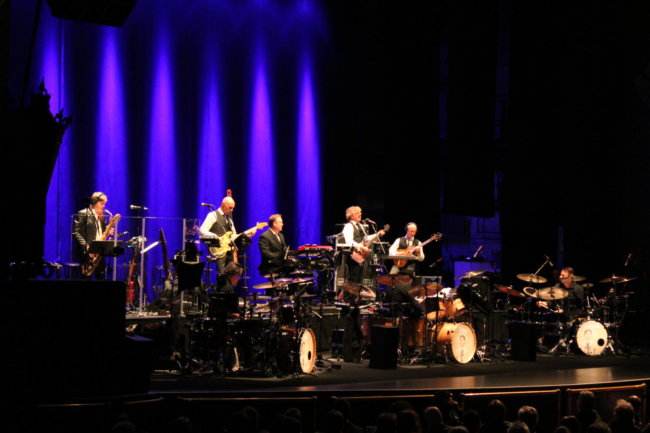
King Krimson spielen am 23. und 24. Juni 2018 in der Wiener Stadthalle.
Link: https://www.dgmlive.com/
